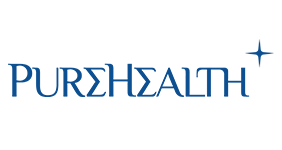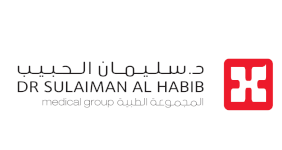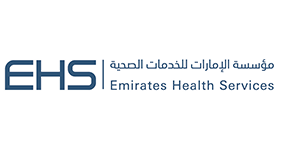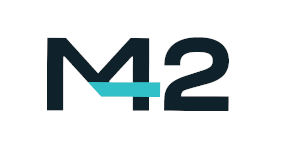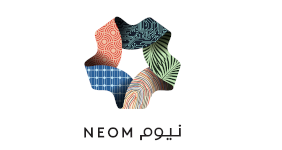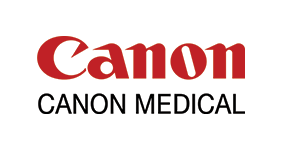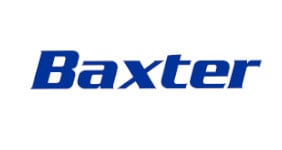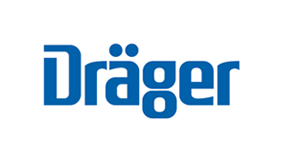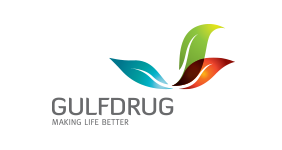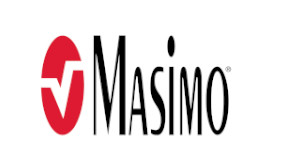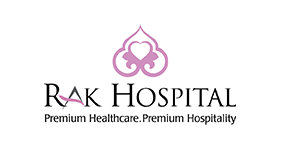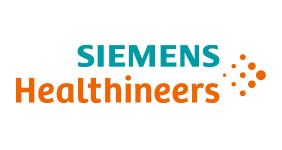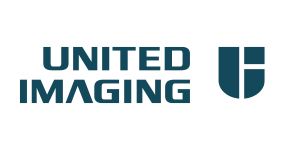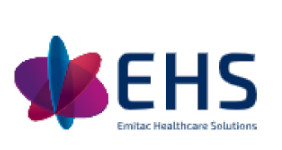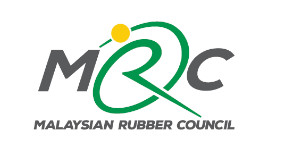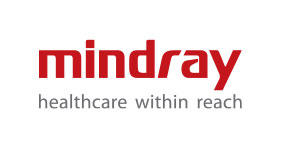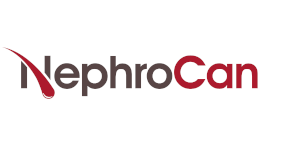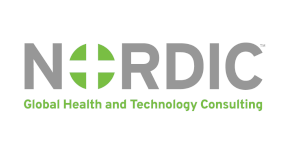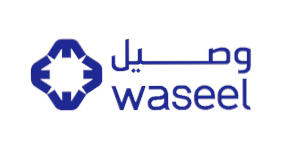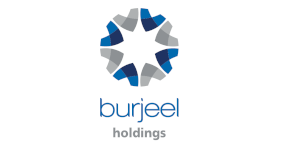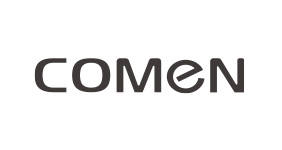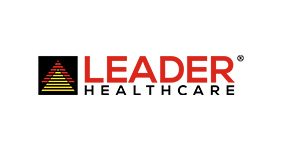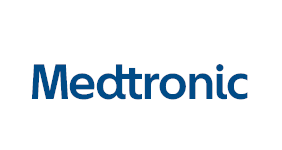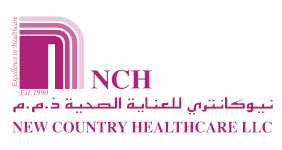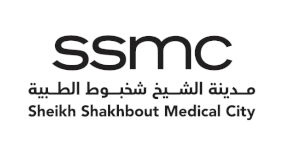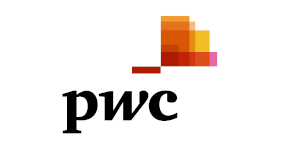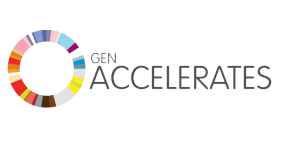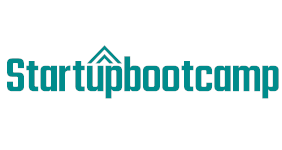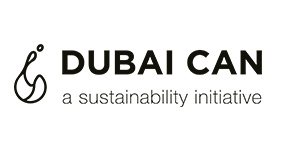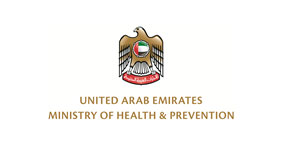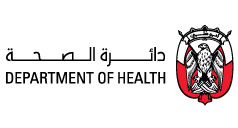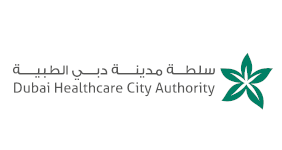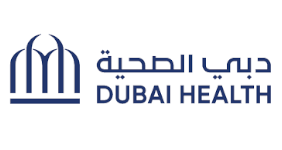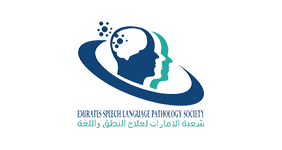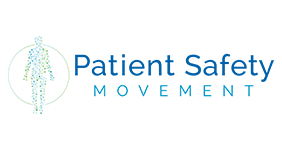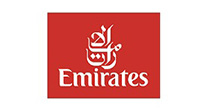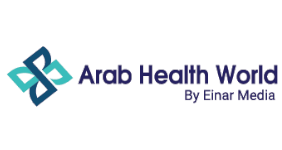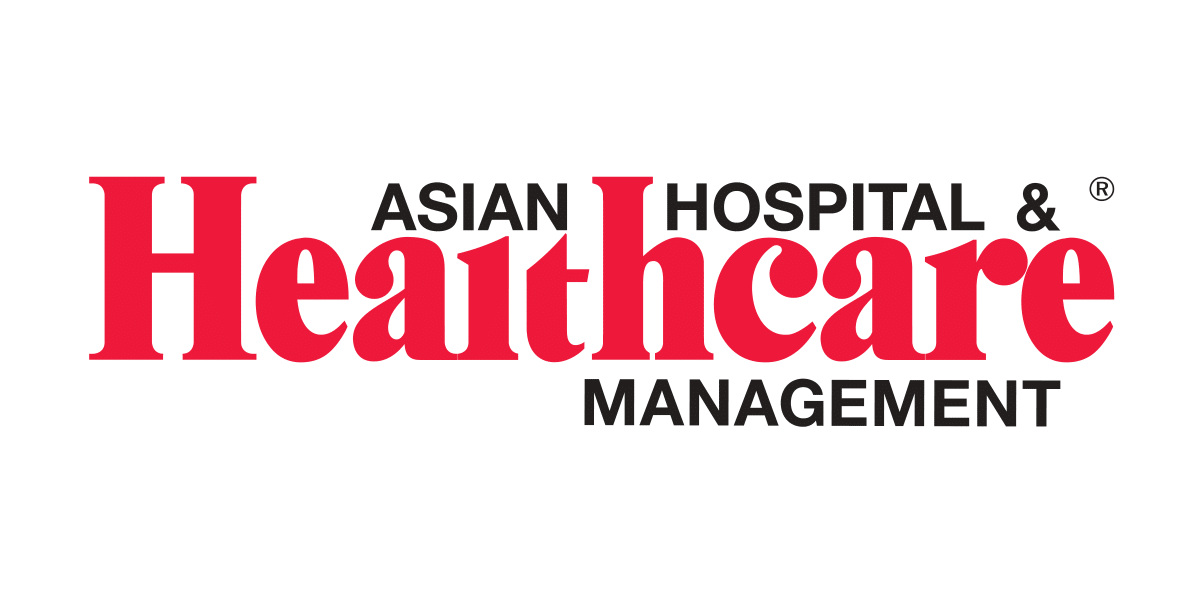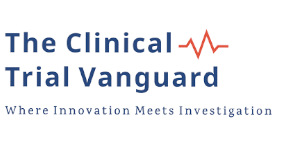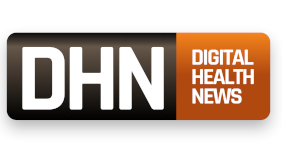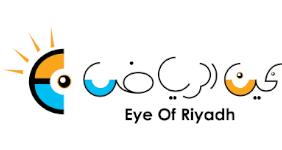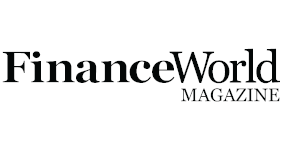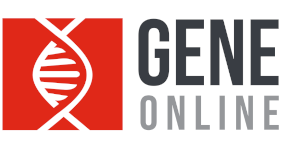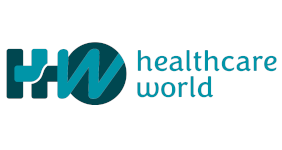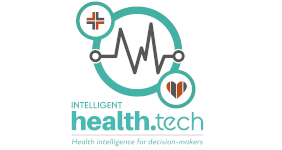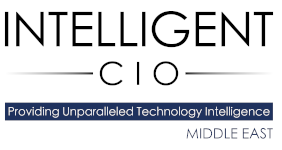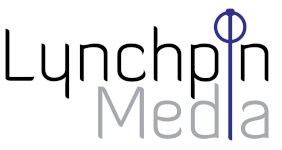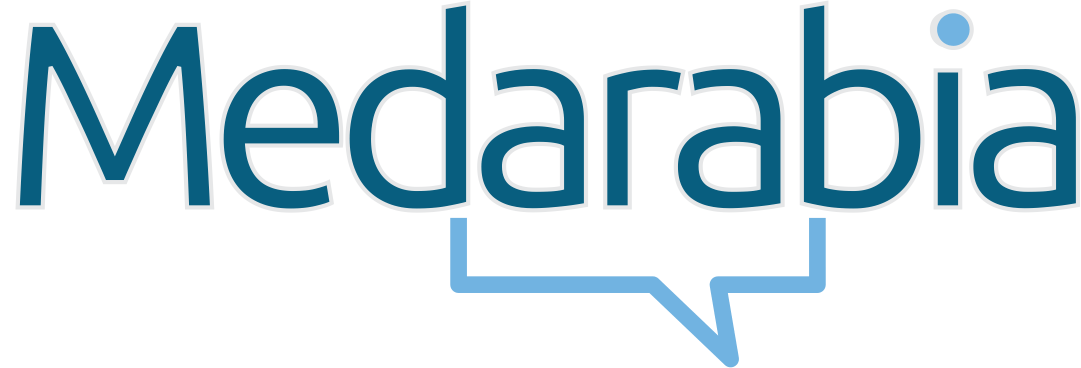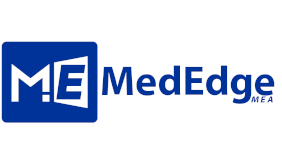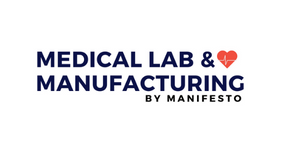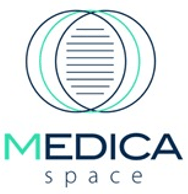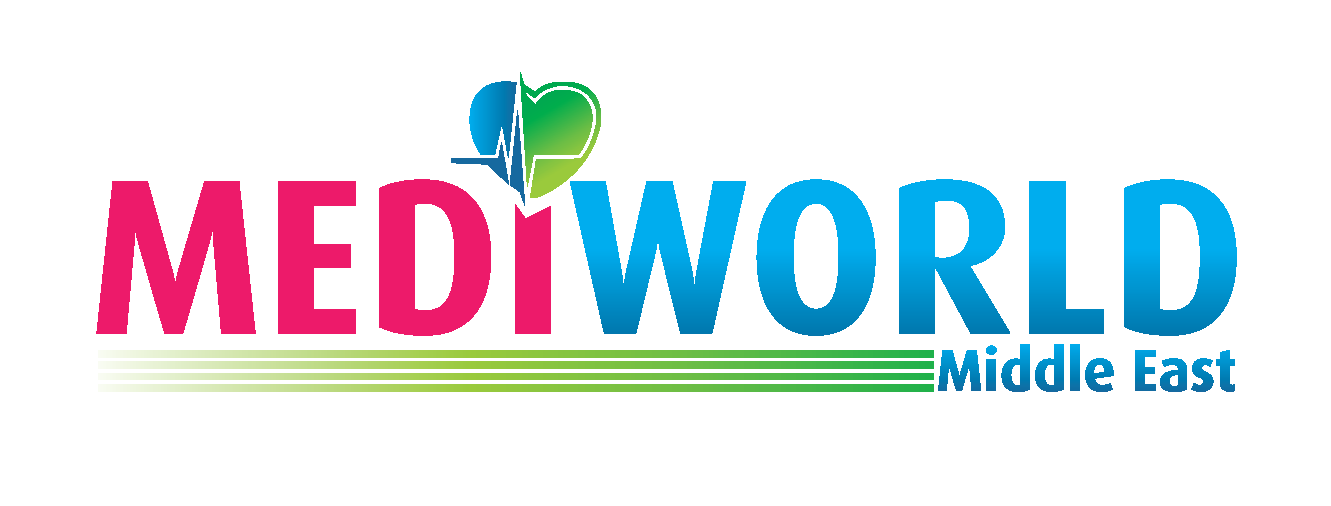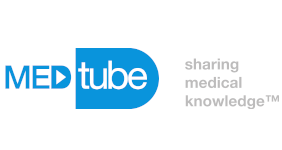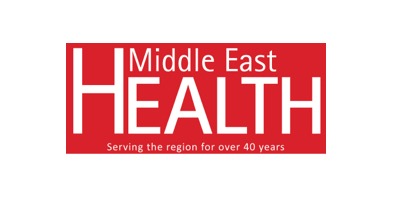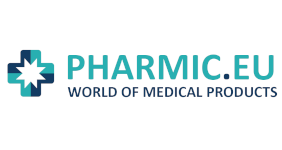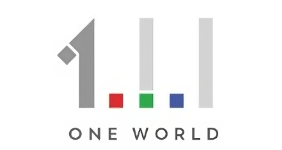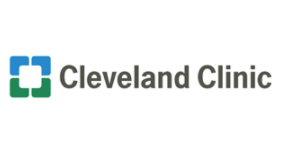Technology: accelerating innovation across healthcare.
Technology as an agent for transformation.
Technology is transforming all areas of healthcare as systems all over the world move towards value over volume. As Synapse Medical Business Development Director Thom Soutter explains, “Technology is at the forefront of any lean innovation that is required to disrupt outdated models that are costing healthcare spend, and innovation and telehealth advancements cannot come soon enough.”
As a provider of medical administration services, Synapse is at the forefront of providing cutting-edge technology that is transforming the healthcare administration sector today. “We’ve launched a first-of-its-kind billing app that allows billing and payments to be instantly transmitted between medical specialists, payers and health funds,” Soutter says.
“We have a similar solution for clinical coding that will allow medical diagnosis, written or system driven, to instantly be made into key health data for hospitals or governments looking to control and maximise their healthcare spend.”
Soutter also identifies specific areas that are a priority for digital transformation. “Healthcare systems, particularly in region’s such as the Middle East, are creaking under the strain of expanding populations and expensive gateways to health. A shift towards preventative methods is needed more than ever as an alternative to curative medicine where appropriate. Healthy lifestyle apps, telehealth and patient engagement through technology will be key.”
According to Cleveland Clinic’s Associate Chief Information Officer, Dr William Morris, who shared his thoughts in a blog post titled “Cleveland Clinic: A glimpse into how technology can drive quality healthcare” published in the Future Health Index, for technology to truly transform care, we need to know why we are using it, create a process and have people in place to carry out that process.
“Consider today’s “wearable” technology,” he wrote. “While it provides considerable information, it isn’t necessarily useful for healthcare providers or patients. To make it valuable and actionable, we need to focus on the right group of people, using the right type of measurements.”
For example, he says that tracking steps in a healthy group may not tell us much. However, tracking steps in a group of patients who just had knee surgery could be compelling. For example, we could identify patients who haven’t taken many steps and intervene to find out why. “Do they still have pain? Swelling? Possible complications?” he asked.
According to Morris, used properly, technology and data can improve our lives – from day-to-day healthy living to prevention, diagnosis, treatment, and home care.
For Professor Bertalan Mesko, who is the director at The Medical Futurist Institute in Budapest, Hungary, the quest is finding a balance between using new technologies and keeping the human touch in care.
In an eBook titled “Digital Health: Scaling Healthcare to the World” published in Health Informatics, Mesko writes that getting in touch with peers through social media, accessing medical information anywhere using smartphones; or receiving care via telemedicine have become common elements of healthcare. However, he says that the challenge is not whether such technologies will become a major part of care, but how the traditional structures will be able to change when everything else changes around us.
Mesko believes that the quest for society today is to be prepared. This way we would be able to implement digital health solutions in a meaningful way and prove that the use of technologies makes care more affordable enabling patients and their caregivers to work as a team.
“The far future of medicine, when the most progressive technologies are part of our everyday lives, should be even more humanistic than it is today. The extensive use of algorithms, robots and sensors should lead to a utopia where everyone receives personalised, accessible, preventive and efficient care,” Mekso writes. “While solving the ethical challenges on the way might become a bigger puzzle than developing the required technologies, this utopia will not arise by itself. All stakeholders of healthcare today are supposed to change along the way. As their roles have changed over the last centuries, it will keep on changing.”
About Arab Health:
For 44 years Arab Health has brought the latest innovations in healthcare to the MENA region. From state-of-the-art imaging equipment to the most cost-effective disposables; developments in surgery to advances in prosthetics, Arab Health continues to be at the heart of healthcare in the Middle East. The 2019 edition of the show will take place from 28-31 January and will welcome 4,150+ exhibiting companies to showcase their latest innovations to 84,500+ healthcare and trade professionals. Running alongside the exhibition are 12 CME accredited conference tracks and a variety of workshops and hands-on training sessions for medical professionals to advance their knowledge and skills. For more information, visit www.arabhealthonline.com.




